Features
THE TRAGEDY OF AHWAZ
Forgotten by History and the World
by Rahim Hamid, Dur Untash Studies Centre
The protests in Iran's southwestern Khuzestan region have won some international media attention. But coverage has not noted that this region, known to its Arab inhabitants as Ahwaz, had for centuries been an independent emirate before its incorporation into Iran in 1925. This annexation was effected through military force, and with the acquiescence of the Great Powers of the day—principally Britain and Russia. With the US and European Union now attempting to revive the nuclear deal with the Tehran regime, it remains to be seen if the Ahwazi people's re-emerging aspirations to self-determination will again be betrayed. Rahim Hamid, writing for Canada's Dur Untash Studies Centre, provides an in-depth analysis.
In order to understand the current tragic situation in Ahwaz, it's important to understand its long-neglected and airbrushed history of colonialism and occupation. The protests over water shortages now rocking the Arab region, a narrow band running from the Iraqi border down the eastern Gulf coast, have won solidarity from other ethnic minority regions of Iran. They aren't a new phenomenon, but the latest consequence of decades of Iranian ethnic repression and racism, dating back almost a century.
AFGHAN WOMEN WHO ARE SPEAKING OUT
by Robyn Huang, The New Humanitarian
Before the Taliban seized control of Afghanistan on Aug. 15, some of the country's loudest voices for peace belonged to women. In southern Afghanistan's Kandahar province, for example, seated demonstrations in July drew hundreds of women from different walks of life.
Some of those voices have been pushed underground with the Taliban takeover, but they haven't been silenced. In private chat groups or on social media like Twitter, Afghan women discuss their fears, find support, share reports of what's happening in the country through the Afghan diaspora, and speak about defending hard-won opportunities for women and girls.
Pashtana Durrani and Fahima Rahmati—two Kandahar women who head community NGOs—are among them.
WOMEN'S RIGHTS ACTIVIST CONFRONTS A DIVIDED BANGLADESH
by Andy Heintz, CounterVortex
Shireen Huq has never shied away from taking a stand. Huq, founder of the women’s activist organization Naripokkho (meaning Pro-Women or For Women), has been on the front line of feminist causes in Bangladesh since the organization was founded in 1983. Today, however, she not only faces the continuing struggle for equal rights and gender equality in Bangladesh, but a host of related crises that are roiling the country. In a telephone interview from Dhaka, she discusses issues ranging from the plight of more than a million Rohingya refugees living in the Cox's Bazar district, impacts of the military coup in neighboring Burma (also known as Myanmar), and the crackdown on freedom of speech and expression in Bangladesh.
MEXICO: WILL CANNABIS DECRIM DE-ESCALATE DRUG WAR?
by Bill Weinberg, Project CBD
Two years and counting after Mexico’s Supreme Court ordered the country’s Congress to legalize cannabis, the high court justices ran out of patience with the legislative paralysis and issued a new ruling — this one removing penalties for personal use by judicial decree.
But there is no provision for commercial production, and the decree calls for tight federal regulation even of personal possession and cultivation. Will this move prove to be at least a beginning in the daunting challenge of ending Mexico’s long and bloody narco-nightmare?
ROHINGYA FEMINIST SEEKS INTER-ETHNIC UNITY
Razia Sultana Speaks
by Andy Heintz, CounterVortex
Razia Sultana has seen and heard things that have once again revealed human beings' disturbing capacity for sadism and cruelty that mere words fail to describe. While much of the world has read and heard reports of the brutal repression of the Rohingya Muslim ethnic minority in Burma, Sultana has heard these stories first-hand while working with female survivors in Kutupalong, the world's largest refugee camp.
"I try to overcome the memories I have from when I talked with rape victims," she tells CounterVortex via telephone from Bangladesh. "I see their bodies and marks with my eyes. I provide psycho-social programs of resiliency for women, and some of them have started to talk with me after three years. This is good, that they are trusting me so we can give them more support. It's not about the financial benefits, it's only about mental therapy to help them overcome their situation. They are now openly sharing their stories and their experiences. This helps them have confidence and talk with other people about their problems. They initially were not talking to anyone."
IRAN: A NEW WAVE OF MASS PROTEST
by Frieda Afary, Iranian Progressives in Translation
Iran is experiencing another wave of mass protests and strikes as economic, social, political, environmental and health problems make it impossible for the large majority of the population to have the bare minimums needed to live.
Petrochemical strikes, protests sgainst water shortage
A new wave of mass protests over severe water shortage in the mainly ethnic Arab province of Khuseztan began on July 15. Protesters' slogans have included: "Down with Dictatorship," "Down With Khamenei," "We Don't Want an Islamic Republic," and "The People Want the Regime to Fall." Government security forces have shot and killed at least eight protesters and injured and arrested many others. However, solidarity protests have started in Azarbaijan, Kurdistan, Isfahan, Sistan & Baluchistan, and Tehran. Iranian filmmakers, teachers and writers have co-signed a joint statement in support of the protests.
SRI LANKA'S ANIMAL EMBLEMS
How they Exacerbate Ethnic Tension
by Samir Pasha and Naga Kandiah, Jurist
Much controversy surrounds the use of the flags associated with the Sri Lankan peoples, mainly because they are loaded with ethnic symbolism in a country recovering from a generation-long civil war along ethno-nationalist lines. The flags of concern here all feature big cats as central to their designs.
Big cats, wherever they occur, have been objects of reverence. Even where they are not native, their sheer power, grace, agility, ferocity and strength have enabled them to establish a place in the mythos and heraldry of many nations. Of interest to the Sri Lankan story are three species of big cat: the leopard, the lion and the tiger. We will briefly examine them in that order.
Of the three species, only one is currently resident in Sri Lanka—the Sri Lankan leopard (Panthera pardus kotiya). Strangely, it does not feature in the ethnic heraldry of the country anywhere near as much as its relatives do. As the subspecies name suggests, the Sinhala word for leopard is kotiya, a word which is also commonly (although not entirely accurately) used to denote the tiger—especially as a derogatory term directed at Tamils. The leopard is significant in Hinduism, however, as the animal from which the god Shiva's garments are made, and the god is frequently depicted meditating upon a leopard's skin.
BURMA'S GENOCIDE —THE VIEW FROM BANGLADESH
by Andy Heintz, CounterVortex
The Burmese military's murderous repression hasn't just affected its home country, it has also had consequences for neighboring Bangladesh. It has been four years since Burma's military, known as the Tatmadaw, launched an assault against the country's Rohingya Muslim population with genocidal intent, forcing hundreds of thousands to flee across the border to Bangladesh.
"The crimes in Rakhine State, and the manner in which they were perpetrated, are similar in nature, gravity and scope to those that have allowed genocidal intent to be established in other contexts," said the UN Independent International Fact-Finding Mission on Myanmar. In the final 20-page report, it found: "There is sufficient information to warrant the investigation and prosecution of senior officials in the Tatmadaw chain of command, so that a competent court can determine their liability for genocide in relation to the situation in Rakhine state."
The UN described genocide as intent to destroy an ethnic, national group in whole or in part. The designation has been used in the past to describe war crimes in Bosnia, Sudan and the Islamic State's murderous campaign against the Yazidi communities in Syria and Iraq. The UN has called for Tatmadaw's commander-in-chief, Senior General Min Aung Hlaing (now leader of the ruling junta), and four other generals to face justice for committing war crimes.





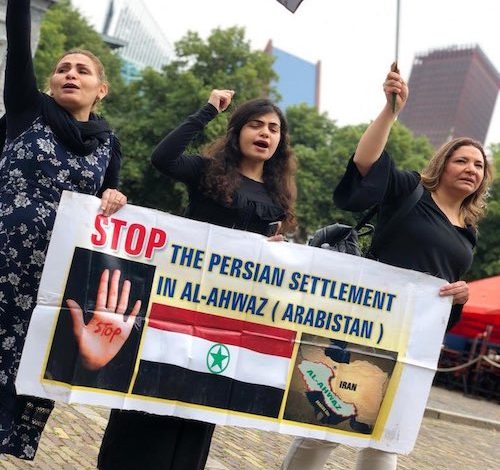
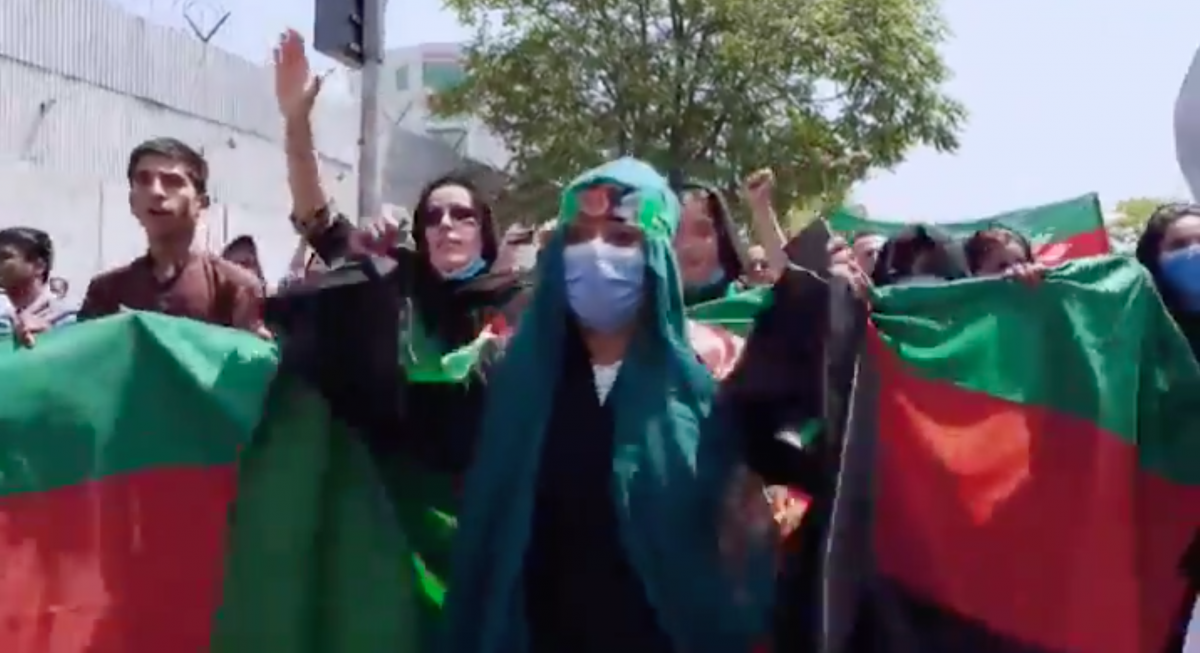
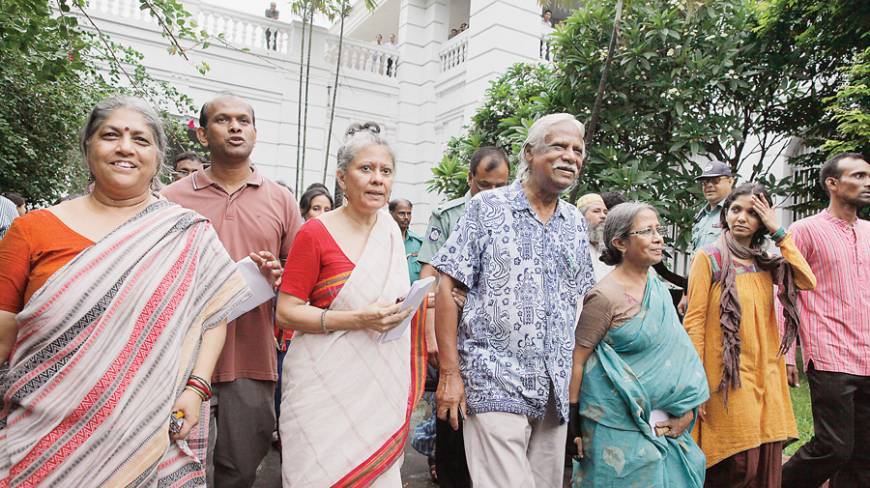
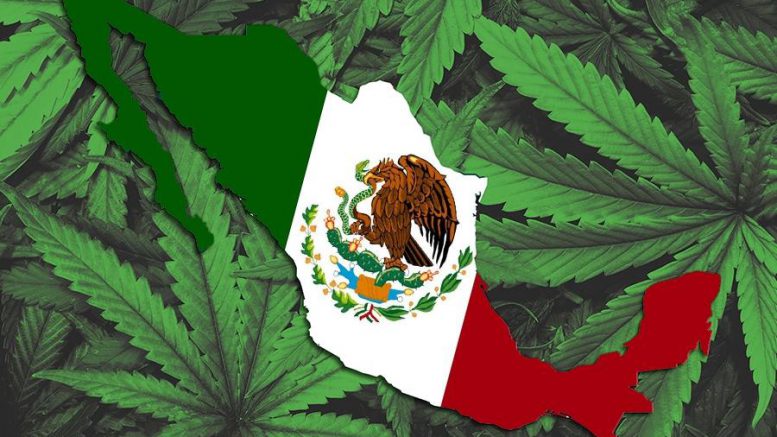
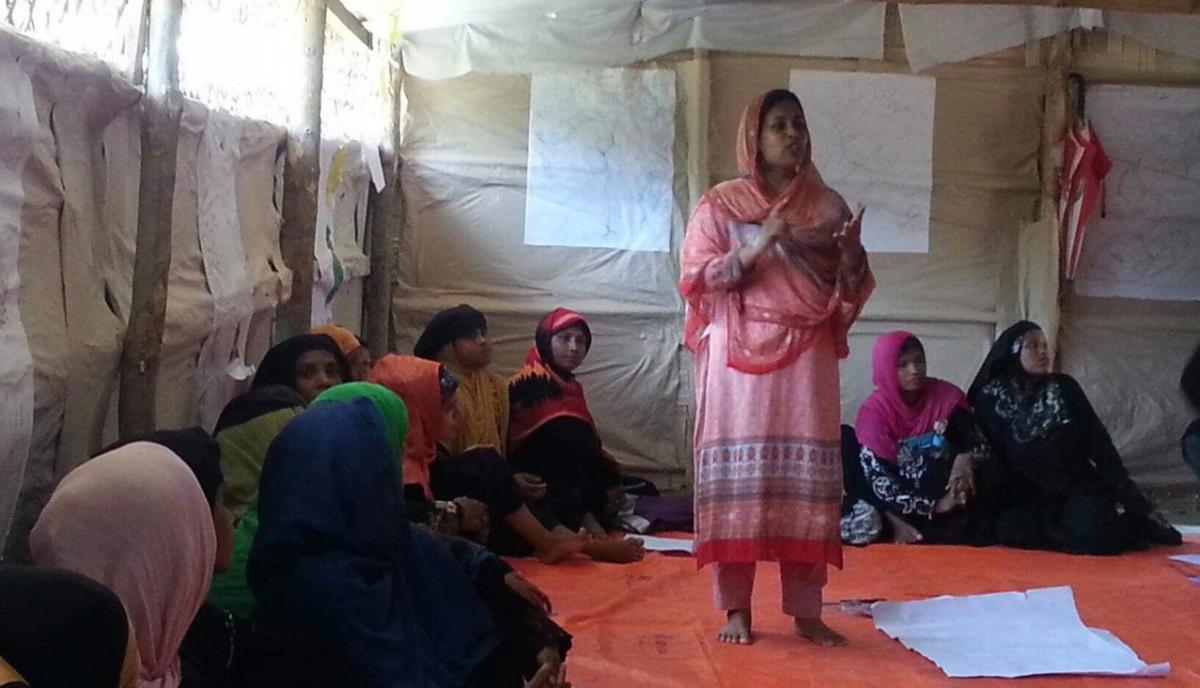
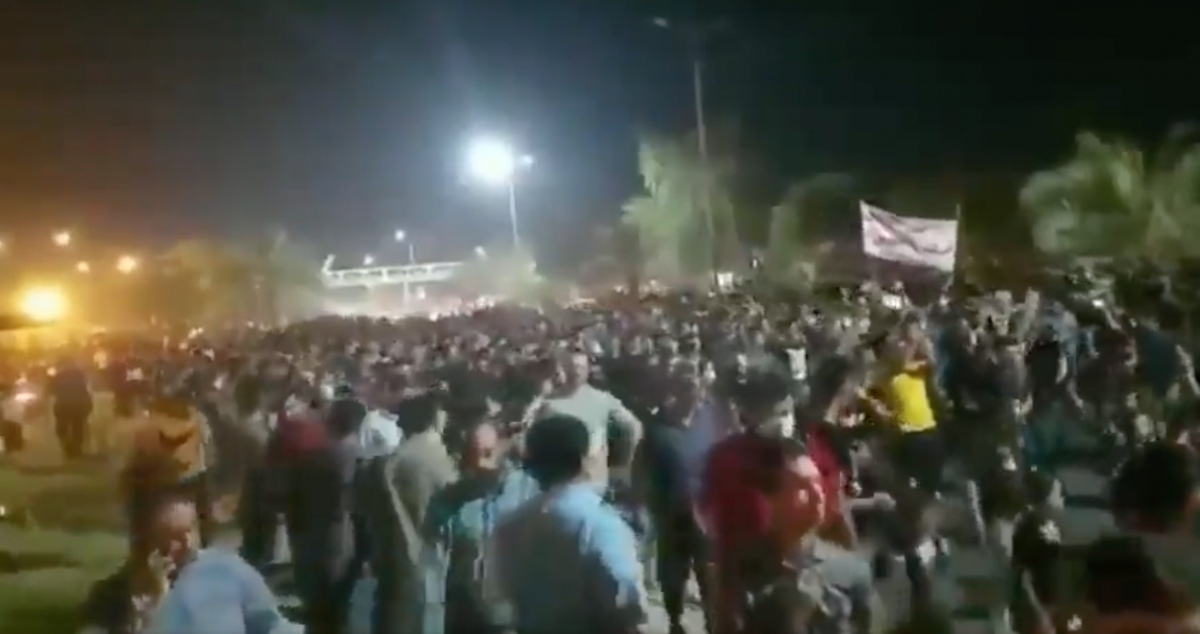
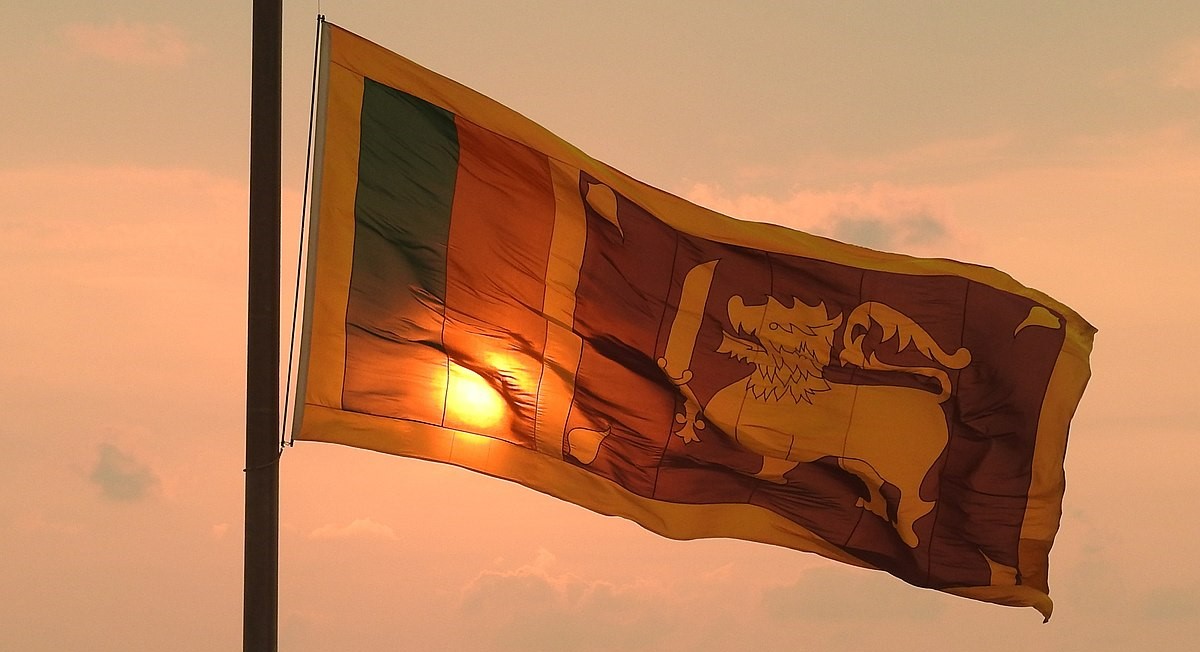
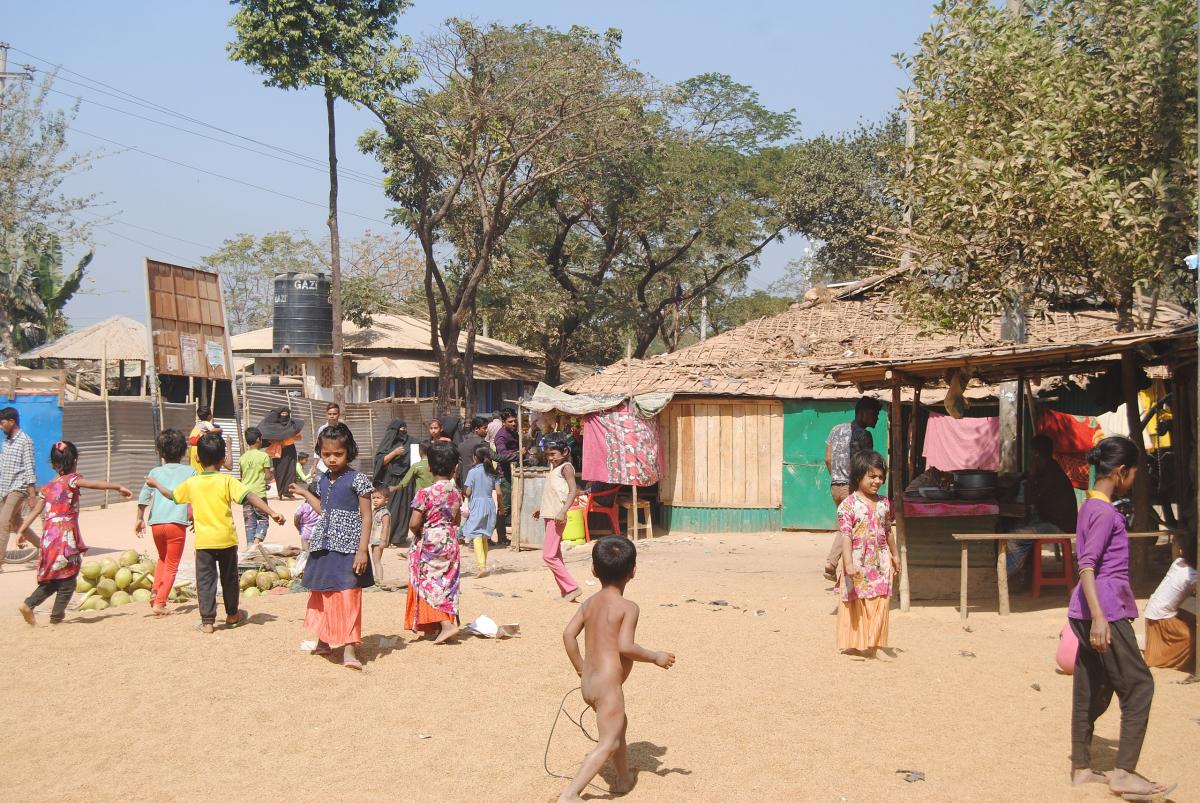










Recent Updates
20 hours 30 min ago
20 hours 35 min ago
21 hours 48 min ago
22 hours 30 sec ago
22 hours 23 min ago
22 hours 30 min ago
22 hours 44 min ago
22 hours 55 min ago
23 hours 23 min ago
23 hours 45 min ago